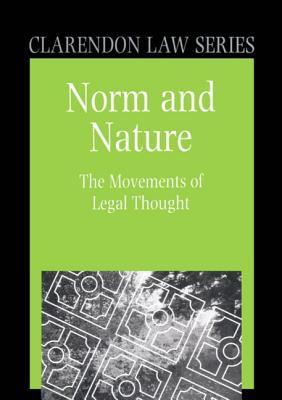

 |

|

The average rating for Obiettivo giustizia based on 2 reviews is 3 stars.
Review # 1 was written on 2017-02-16 00:00:00 James Favieri James FavieriOne of the best books I have ever read. As I've said about Hart and Fuller, I completely understand why it's considered a classic. Everything I've read in terms of 20th century legal philosophy has blown me away. Curious if there are any contemporary Finnisians (Finnites?). I'd love to read. |
Review # 2 was written on 2017-09-22 00:00:00 David Mello David MelloFinnis here defines an interesting argument for an objective moral code influenced by the moral/political/legal philosophy of Thomas Aquinas. His system is called “basic goods” theory. The essential framework is that the first principle of "willing the good and avoiding evil" is universal or self-evident when defined outside of specific moral content. Every evil is desired for being a mistaken good. Finnis, (following Aquinas) makes the distinction between “real” goods or “apparent” goods in order to direct the train of logic toward discerning real goods rather than false. Finnis orders the goods of the human person based upon de-ontological self-evident truth, whereas Aquinas is typically understood to have placed the human good in the ontology of human nature. Respective goods that he defines include Life, Friendship, Knowledge, Play, Practical Reason, Aesthetic Appreciation or “Religion”. When the self-evident goodness of Practical Reason is admitted the other goods follow in turn. When defining the rational action of moral agents Finnis deduces rules that determine an objective framework for what is licit from what is illicit in ethics. Licit actions require that no basic good is intentionally violated for any reason. More freedom is involved when deliberating on which good to pursue rationally at any given stage in life. Rational plans differ from individual to individual. An important aspect of the system is that each basic good is incommensurable with the others. Every “basic good” is equally “good” because equally “basic”. Therefore, the conclusion is that there is no absolute hierarchy of basic goods. Choosing one good rather than another is somewhat relative to the individual but not wholly arbitrary. Finnis published this book in part to defend natural law theory from legal positivism. His academic success is continued by a group of scholars including Germain Grisez, Robert P. George and others, who still wield significant influence in academic estabishments. |
CAN'T FIND WHAT YOU'RE LOOKING FOR? CLICK HERE!!!